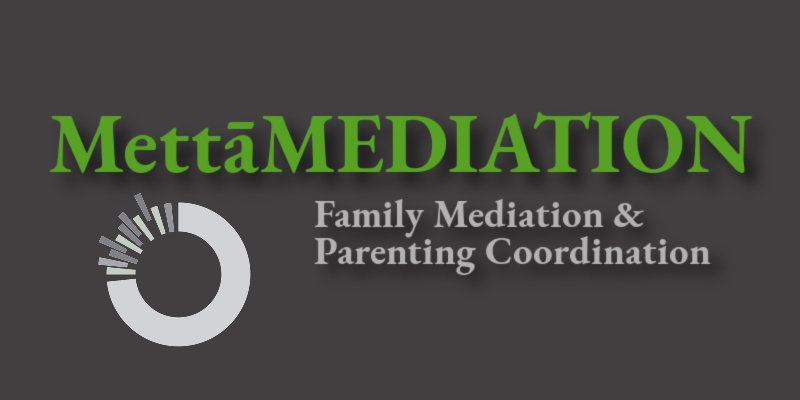Parenting Coordination versus Parenting Mediation - how are they different?
The question in the title of this post is a common one, and there is still a lot of confusion in the public sphere about the difference between these two modalities of family dispute resolution (also known as FDR).
PC (parenting coordination or parenting coordinator) and PM (parenting mediation or parenting mediator) are similar in some respects but materially different in others. When you are searching for a professional to assist you in dealing with parenting issues arising out of a separation, it is important to understand the difference between these two modalities so you can target your search to the right individual and the right process.
Returning to basics for a moment, mediation is a voluntary process in which two or more parties to a dispute come together, with a neutral third party - the mediator, to have a dialogue and hopefully resolve the dispute. It is important to stress that this process is voluntary, meaning one cannot be forced into mediation.
Separated parents can choose to attempt mediation of their parenting issues at any point in their case, and a mediator with competence in the area of parenting can be very helpful to parents who disagree on any point related to parenting, in crafting with them a Parenting Plan that will assist them in dealing with one another, as parents, as time goes on.
Importantly, a PM is only a facilitator of a dialogue between two parents and specifically, a PM is not an arbitrator. This means that if the parties cannot agree, they walk away from the negotiating table without a decision on the issue in dispute. A PM is not empowered by the parents to make a decision for them if they disagree. One might say that PM is akin to building a house from scratch if in this analogy the parenting arrangements are the “house” and the process of mediating the issues is the “building process”. To clarify, parents can come to PM without existing parenting arrangements for their children.
This is a great point to highlight a substantial difference between PM and PC. PCs become involved with two parents only once a Parenting Plan or other parenting arrangements are in place or where there is a court order or arbitration award dealing with parenting issues. To clarify, PCs do not work with parents on creating a parenting agreement from scratch. Their role is to interpret, implement and, if necessary, enforce existing parenting arrangements through mediation, education, coaching and the management of other professionals involved with the parenting issues. Unlike PMs, PCs have the power to make decisions on issues which the parents cannot resolve through mediation. They do so as arbitrators. The extent of PCs decision-making power (called jurisdiction) is carefully set out in the PC Agreement and must be agreed on by the parents in advance.
PMs become involved for a specific purpose - to mediate an issue in dispute, and their role ends once the dispute is resolved through settlement or if effort at negotiation fails. PCs, on the other hand, are involved with a family for a much longer period of time – generally from anywhere between 12 and 36 months, based on the PC Agreement, and this mandate can be extended if both parents agree.
Not all PMs are PC, but most PCs are also PMs.
If you have any questions about our mediation services or about anything raised by this blob post, please contact Carolyn and we will be happy to guide you.
©AJJakubowska

